Design of on-detector electronics to acquire the signals of the detectors of the future.
The Turin working group deals with the design of on-detector electronics to acquire the signals of innovative detectors, such as the Micro Pattern Gaseous Detectors (MPGD), i.e. the new generation of gas detectors that exploit the microscopic paths tracked by the particles inside them.
As we leave footprints when walking on the snow, and it is possible to reconstruct the path we have followed, so the particles passing through the detector (called tracker) deposit energy along the entire path. To be measured, the energy deposits are transduced into electronic signals and the tracks of the particles can be reconstructed from the signals data acquisition chain. These pieces of information help to identify the particles already well-known or to conclude that they are particles never identified before (hopefully!).
Some of us develop software to extract the particle track information from the detector by applying well-defined mathematical and geometric relationships.
The MPGD detectors will be used in future accelerators, where very high acquisition rates are expected, to obtain position measurements with excellent spatial resolution. For this reason, both the electronics and the software must be appropriately designed and finalized to the goal of obtaining the desired information in the best possible way.
The young people will be involved in hands-on training, testing the performance of electronic chips and probing cards, that are the state of the art of electronics for particle detectors. They will also be able to detect particles using the simulation tools of a real experiment!
FisicaMenti
Alberto Bortone
UniTo PhD
In the laboratory as on the mountains does not give up, facing extreme challenges in electronics and data acquisition.
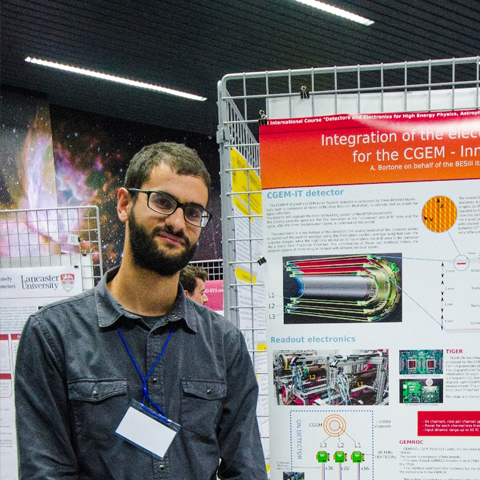
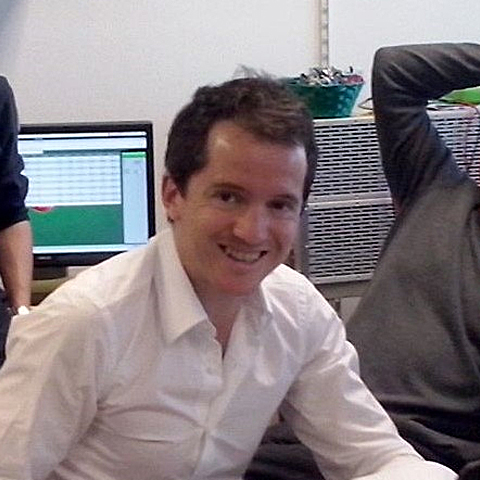
Manuel Dioniso Darocha Rolo
INFN Technologist
He is the electronic heart of the group.
Michela Greco
UniTo Associate Professor
Coordinates the group, looking for the bit rate in new technologies as well as in music.
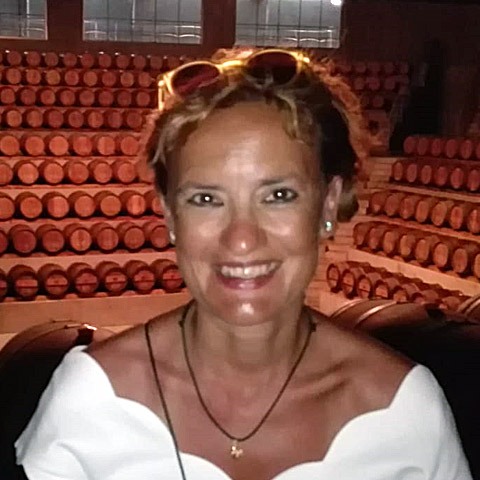
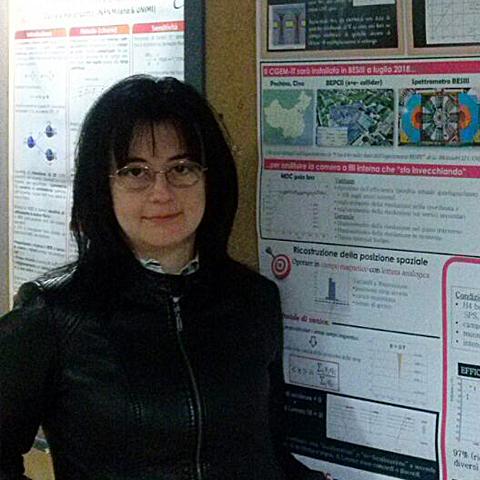
Lia Lavezzi
UniTo Postdoc
Is in charge of simulating the effect of the passage of particles in the detectors and writing algorithms to reconstruct the events measured experimentally.
Marco Maggiora
UniTo Full Professor
Very expert in computing, in search of particles, always traveling around the world to look for opportunities for young people.
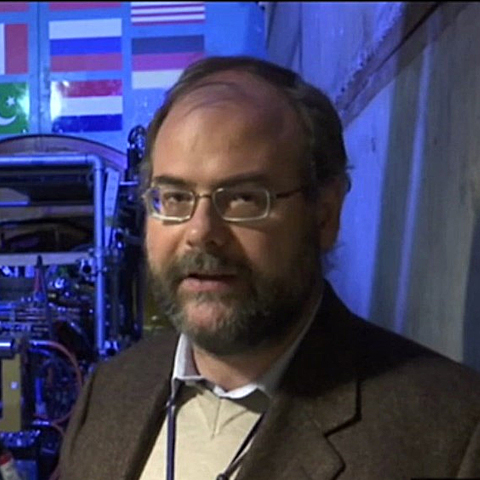
Stay Tuned
Altro da WHAT NEXT? che potrebbe interessarti
Caduti nella rete (neurale)
Vuoi far parte del nostro corto?
Ti incuriosisce la scienza? Vuoi scoprire il futuro della fisica agli acceleratori e il suo impatto sulla società? Vorresti apparire in un film? Allora tutto quello che devi fare è candidarti in pochi, semplicissimi, passi!


